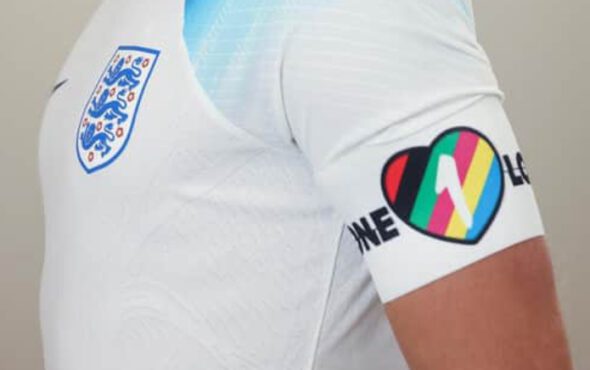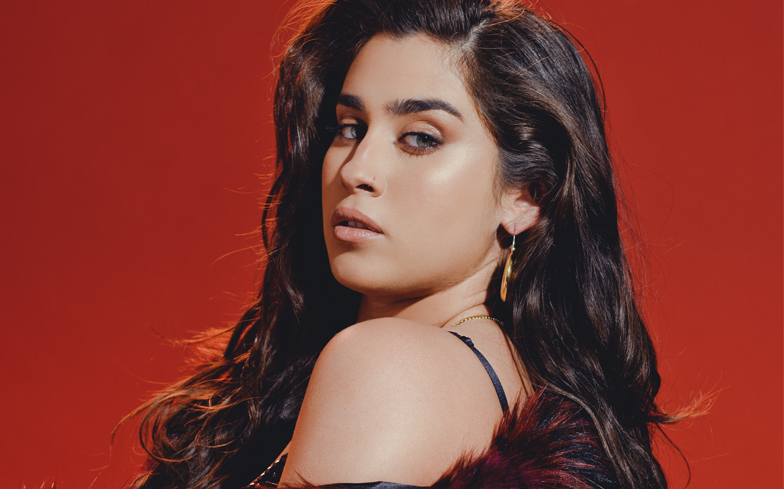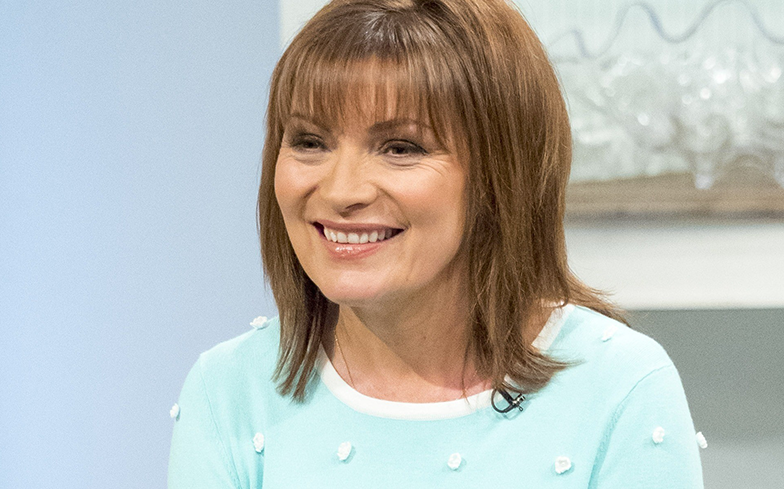
James Johnson, Chief Executive of Football Australia, has shared that he is “pretty confident and optimistic” rainbow armbands will be allowed at the Women’s World Cup.
Plans to wear the OneLove armbands were abandoned by six European countries, including England, at the 2022 Qatar World Cup due to Fifa rules stating that political, religious or personal slogans, statements and/or images are not allowed on team equipment.
Players were even warned wearing one would result in “sporting sanctions” and an instant yellow card.
There is now growing concern that the upcoming women’s World Cup, which will be hosted by Australia and New Zealand from July to August, will follow suit in not allowing the anti-discrimination armbands.
READ MORE: World Cup: England and Wales opt not to wear OneLove armband after FIFA threat
“We’ve had very good dialogue with Fifa and it’s meaningful,” Johnson told the Observer. “They are not paying lip service to this. We’re in the middle of that process and we’re pretty confident and optimistic that we’ll end up in a good place: a place where players have the ability to express themselves in certain areas, which keeps the players happy, it keeps the host nation happy and also Fifa happy as well. So I do think there’ll be a resolution ahead of the Women’s World Cup.”
He further explained that this included plans for players to wear different armbands that represent certain issues, such as Indigenous rights and First Nation rights, that don’t “necessarily reflect the players all around the world”.
“Players wanted to use that platform to push issues that were important to them”
“But I think the players will be able to wear armbands around certain issues that they wish to express themselves on,” he stated.
When asked directly about whether or not he expects to see players wearing rainbow armbands, he said: “I think there will be, yes.”
Last year’s World Cup was marred with controversy ever since it was announced that it would take place in Qatar, where homosexuality is illegal and LGBTQ+ people are routinely subjected to discrimination and harassment.
READ MORE: LGBTQ+ people ‘arrested and abused’ in Qatar ahead of World Cup
“One of the key learnings for us as a host with the Qatar World Cup was seeing how players wanted to use that platform to push issues that were important to them,” Johnson continued. “That came through very strongly. And in the case of Qatar, the competition rules were at odds with that desire of the players. So we’re cognisant of that.”
The women’s World Cup will be hosted by Australia and New Zealand from 20 July to 20 August 2023.



